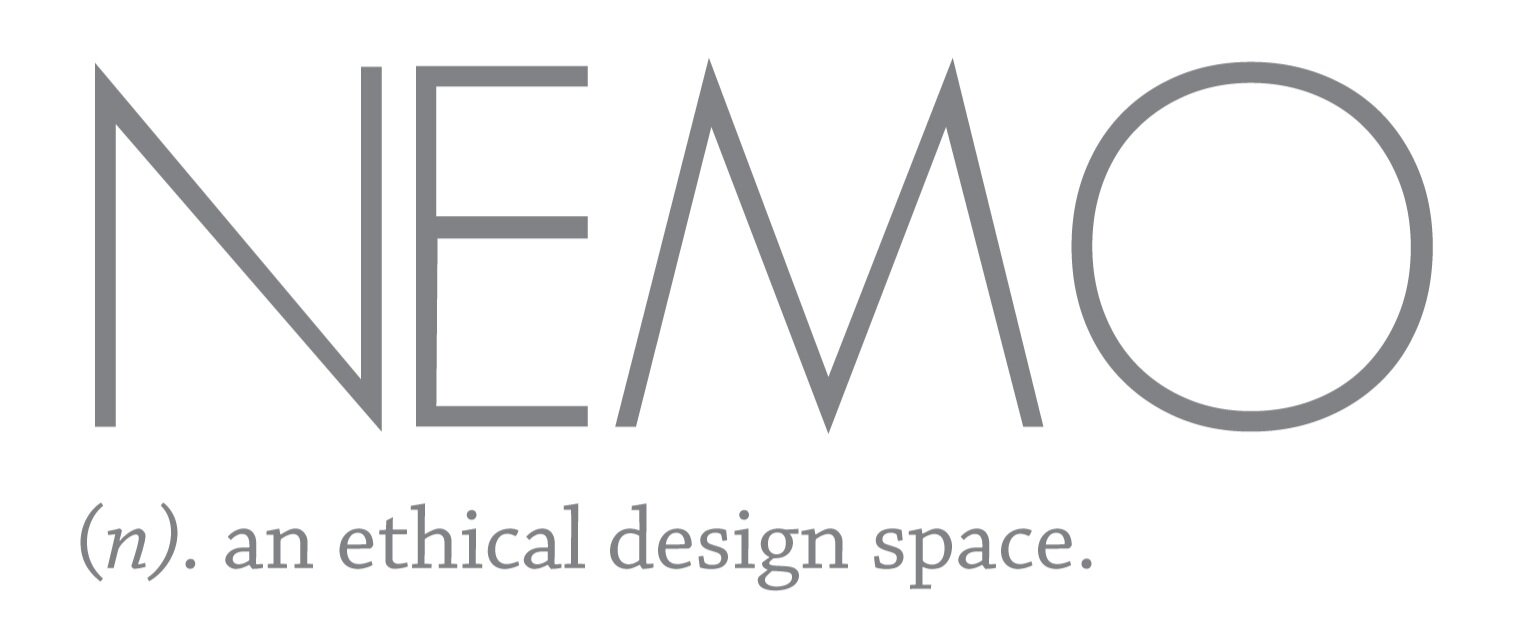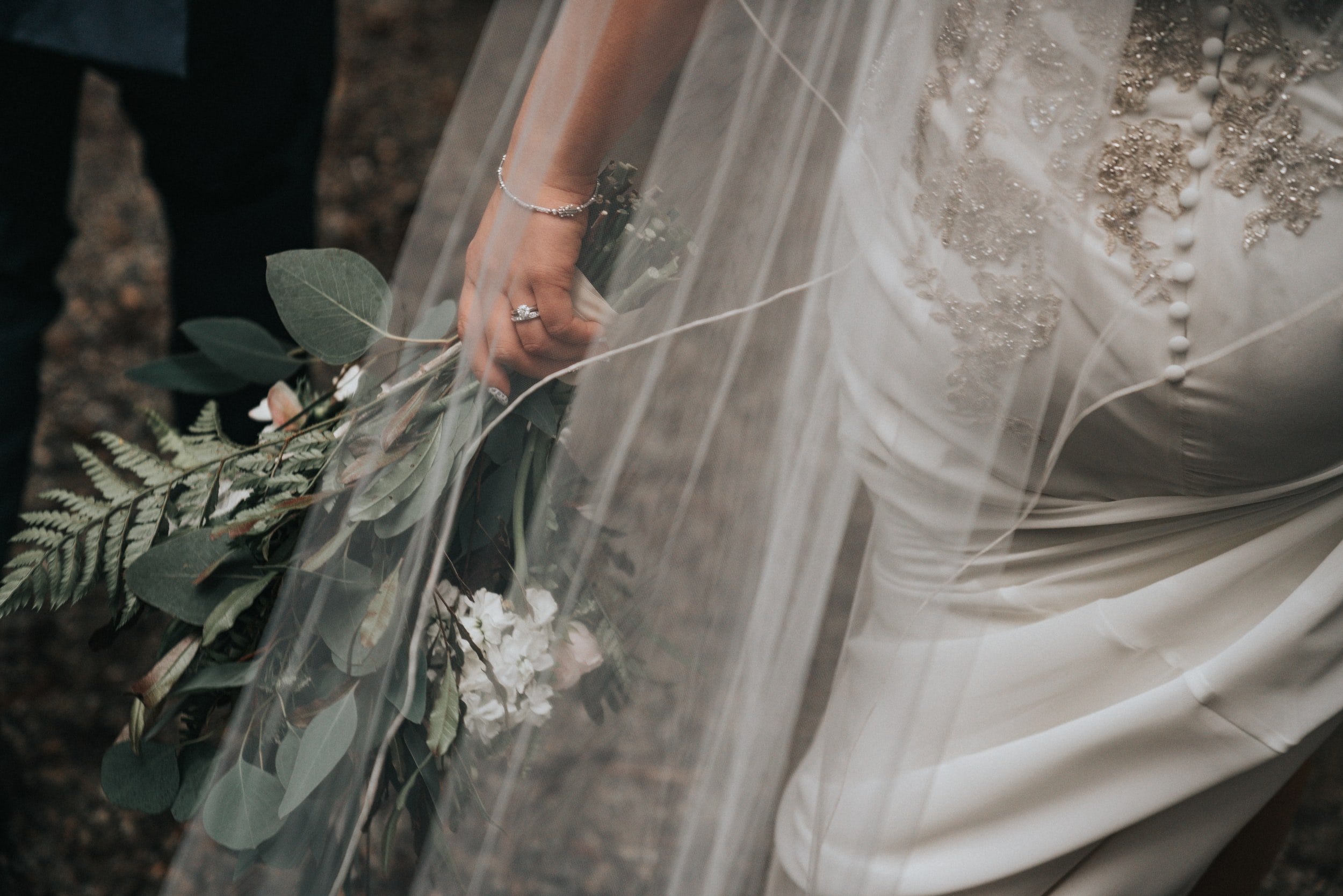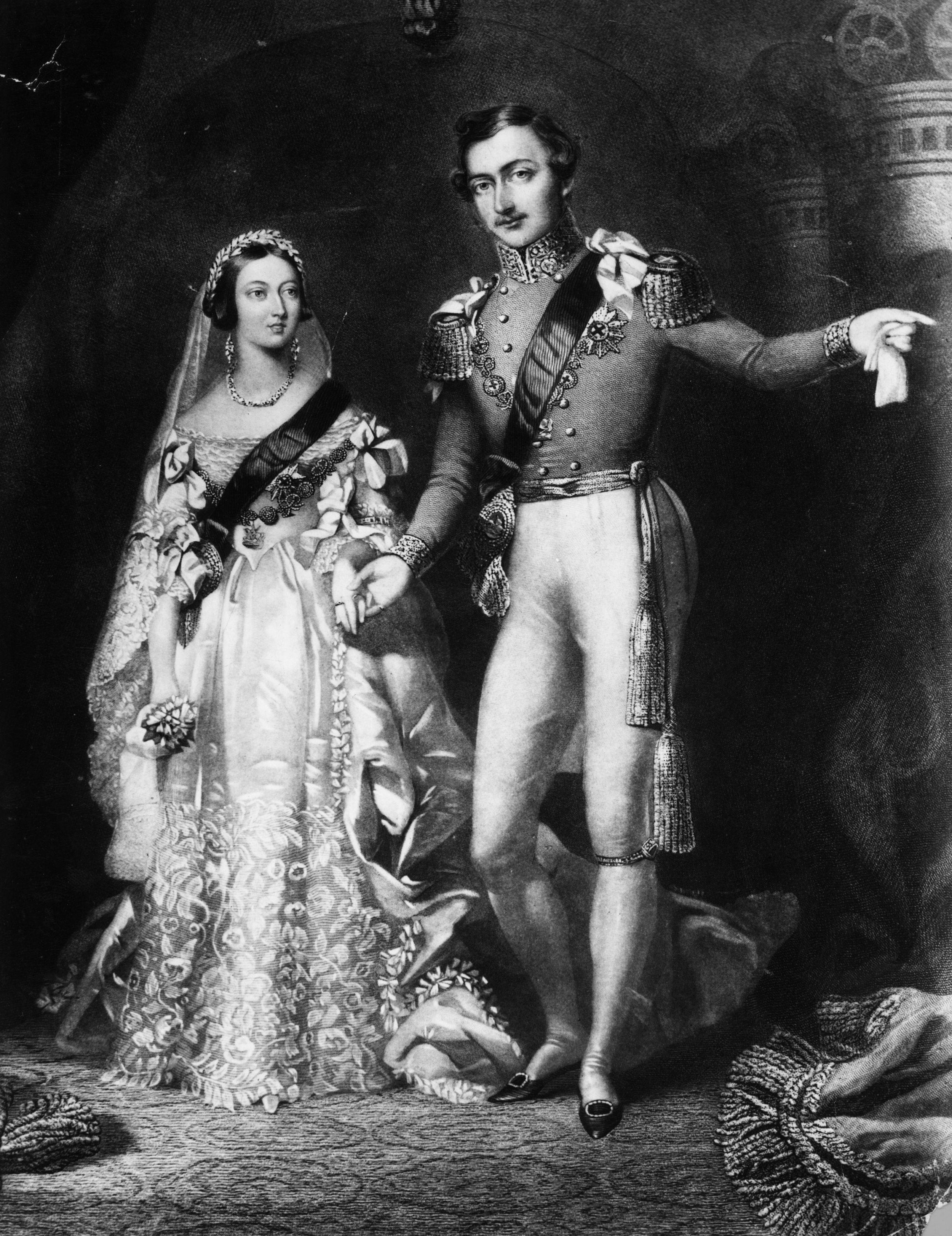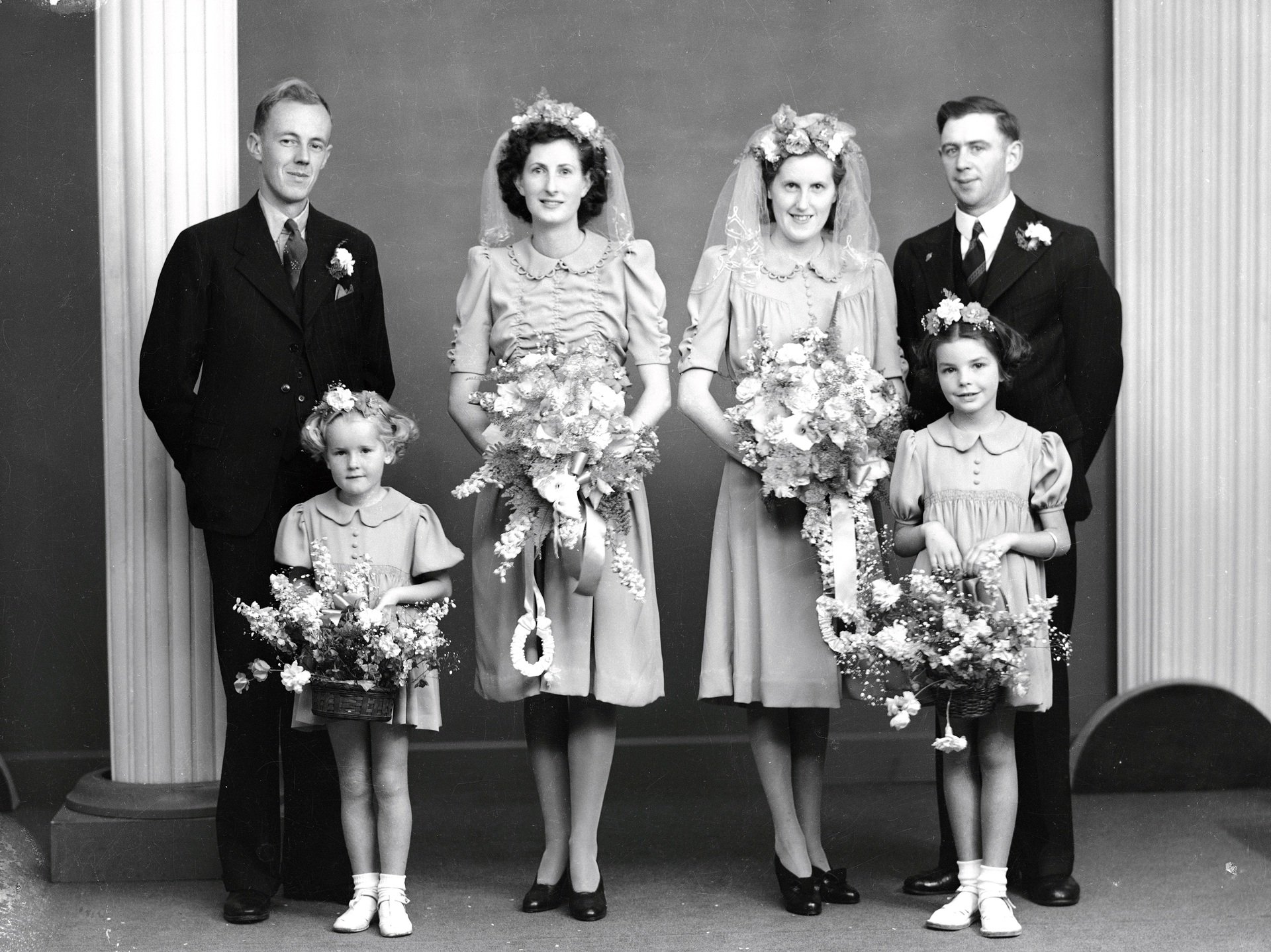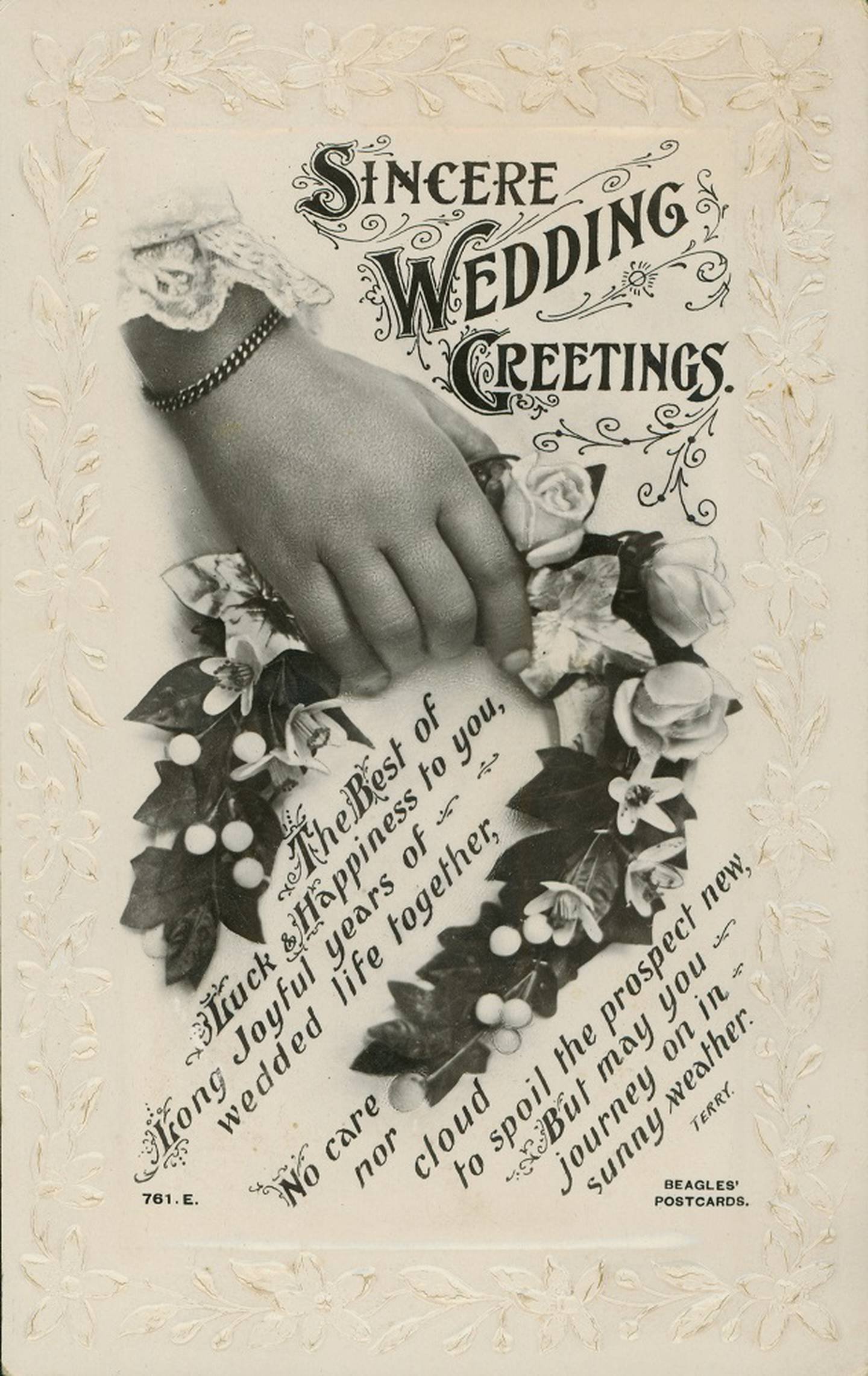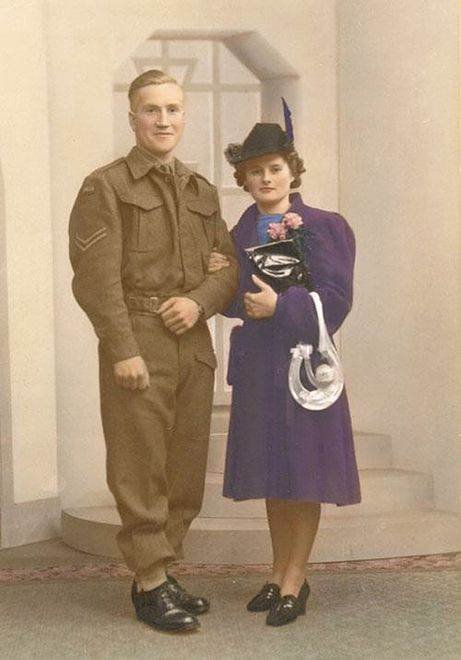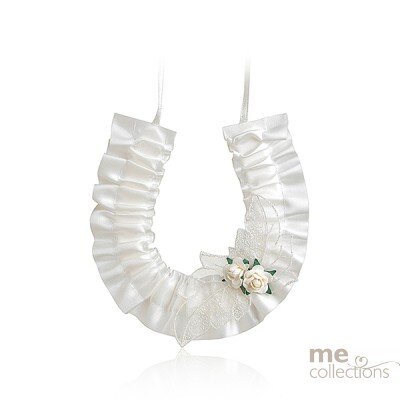Bridal Veils, Garters & Horseshoes - Ancient Wedding Traditions: Explained!
Modern weddings have been built on rituals and traditions from yester-year, but do you actually know the history of how some of the most popular traditions were created?
Today Nemo is deep-diving into the customs surrounding three of our favourite wedding practices - Bridal Veils, Garters, and the most curious of them all - wedding horseshoes.
Bridal Veils
Dating back as far as ancient Greek & Roman times, a veil was said to have been used to hide a bride “from evil spirits who might want to thwart her happiness” or to frighten the spirits away. As the ritual evolved through time, the veil then served to hide the bride’s face from the groom, as superstition says it is bad luck for the groom to see the bride before the ceremony. With the rise in Christianity in western culture, the veil then became a religious embellishment, symbolising modesty, obedience, and chastity.
The bridal veil has seen a fashionable resurgence in the last decade, but it’s not the first time in history that it has gone in and out of fashion. In the 17th & 18th centuries the veil lost popularity in fashion until Queen Victoria set the trend by wearing a veil in her wedding with Prince Albert in 1840, thus reviving the veil into a new status symbol for brides. During the Victorian era, the weight, length, and quality of a wedding veil became a reflection of the social status of a bride.
The tradition continues to evolve into the modern-day, seeing a wide range of veils used in today’s age. We still see brides in the Christian and Jewish cultures wearing a veil over their face until the conclusion of the wedding ceremony, but more often it is simply seen as a fashion accessory as a part of the bridal attire.
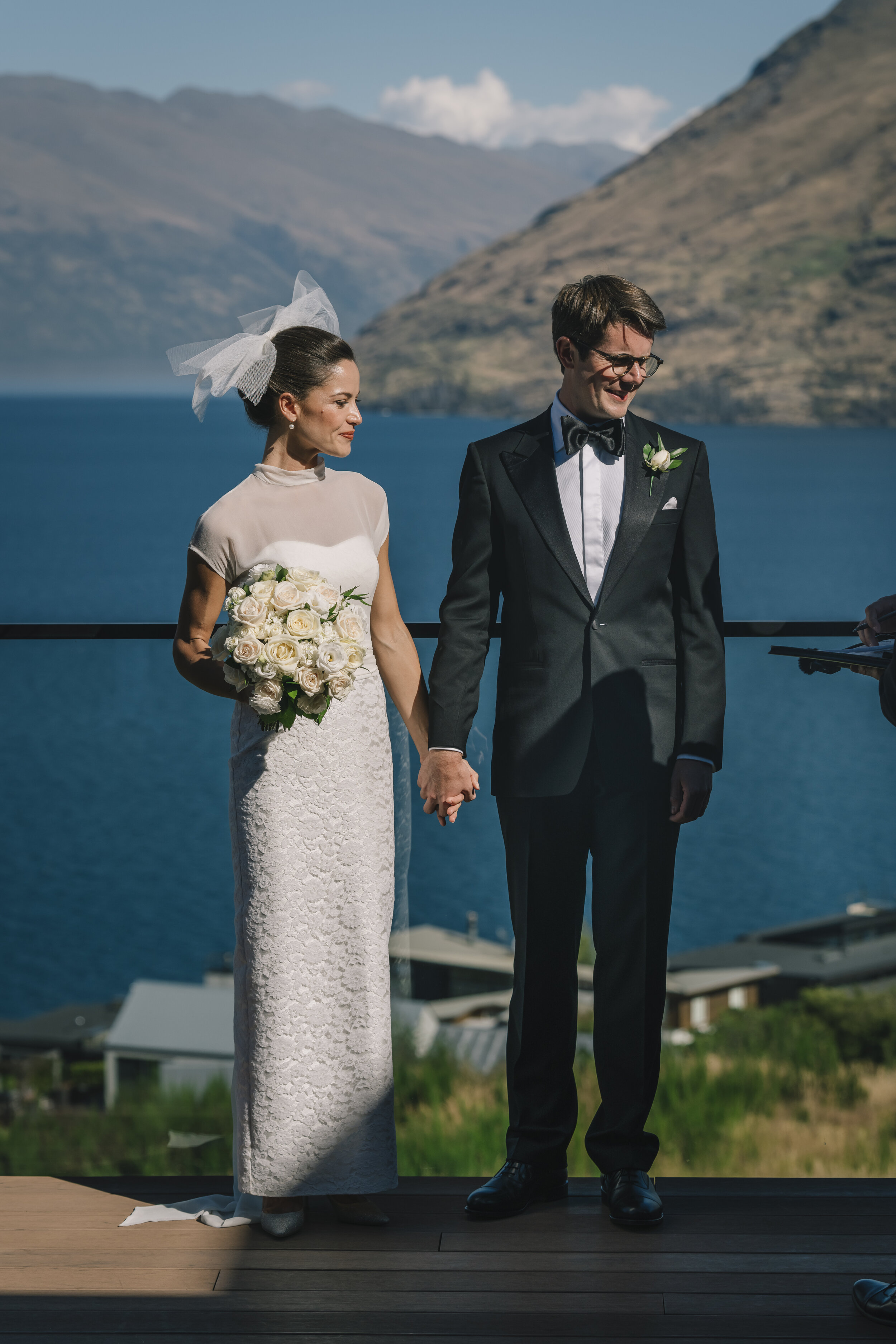
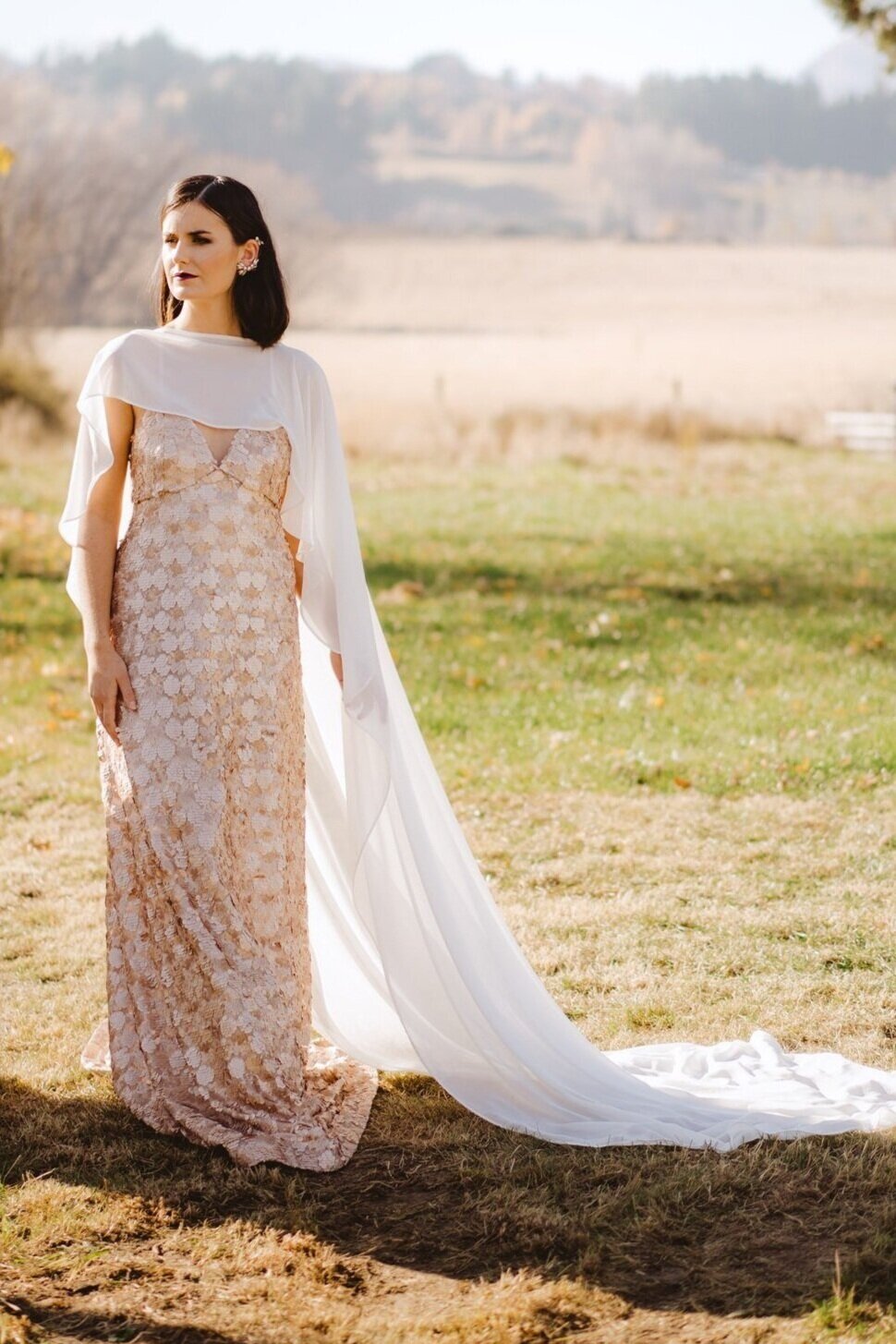
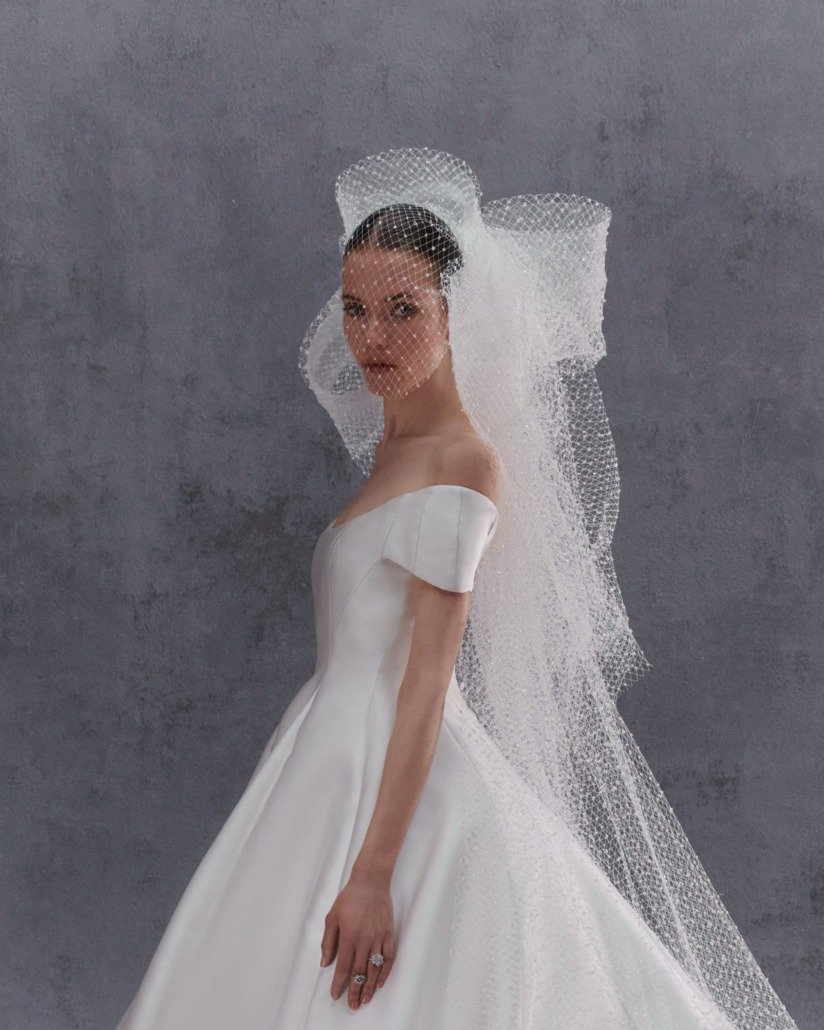
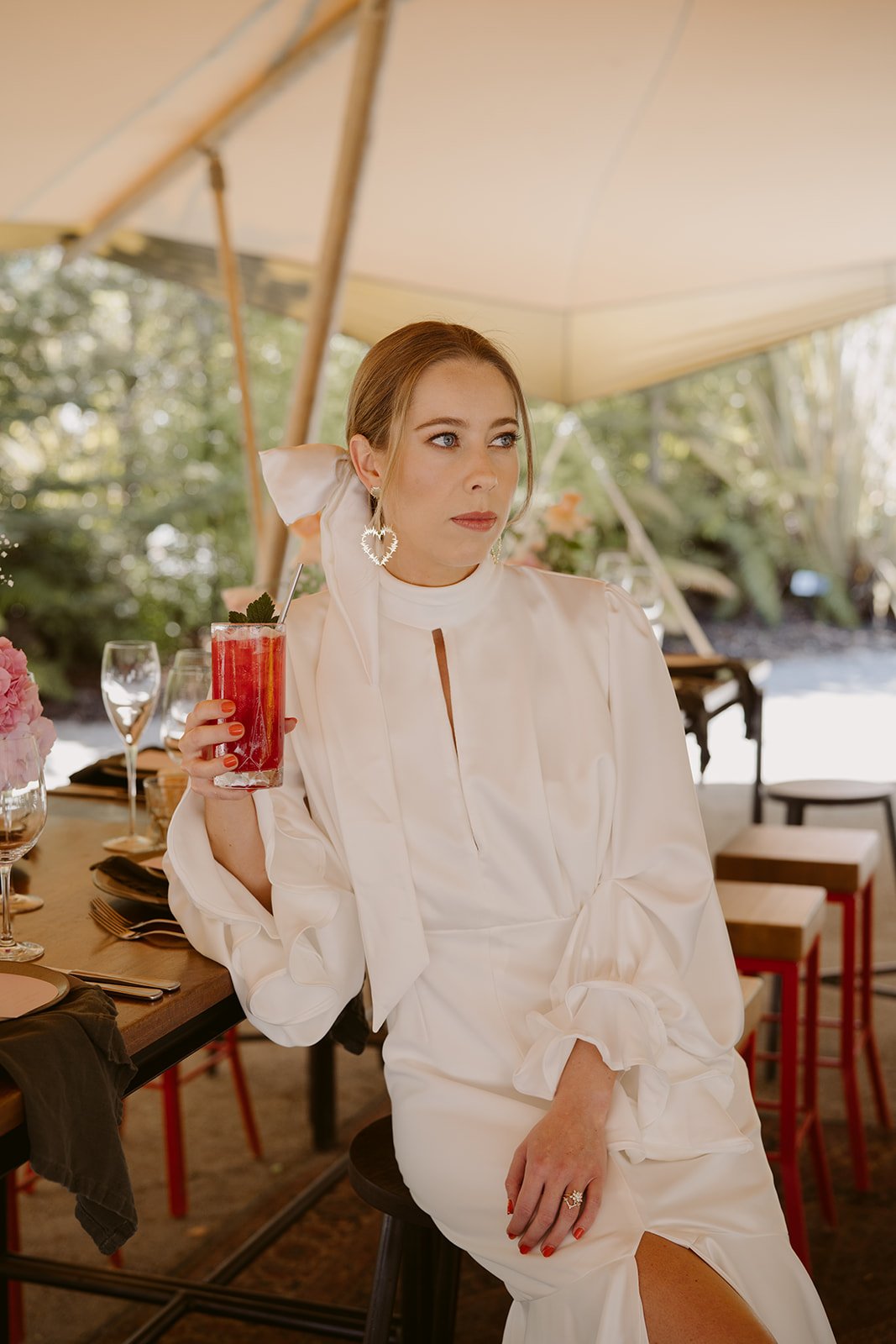
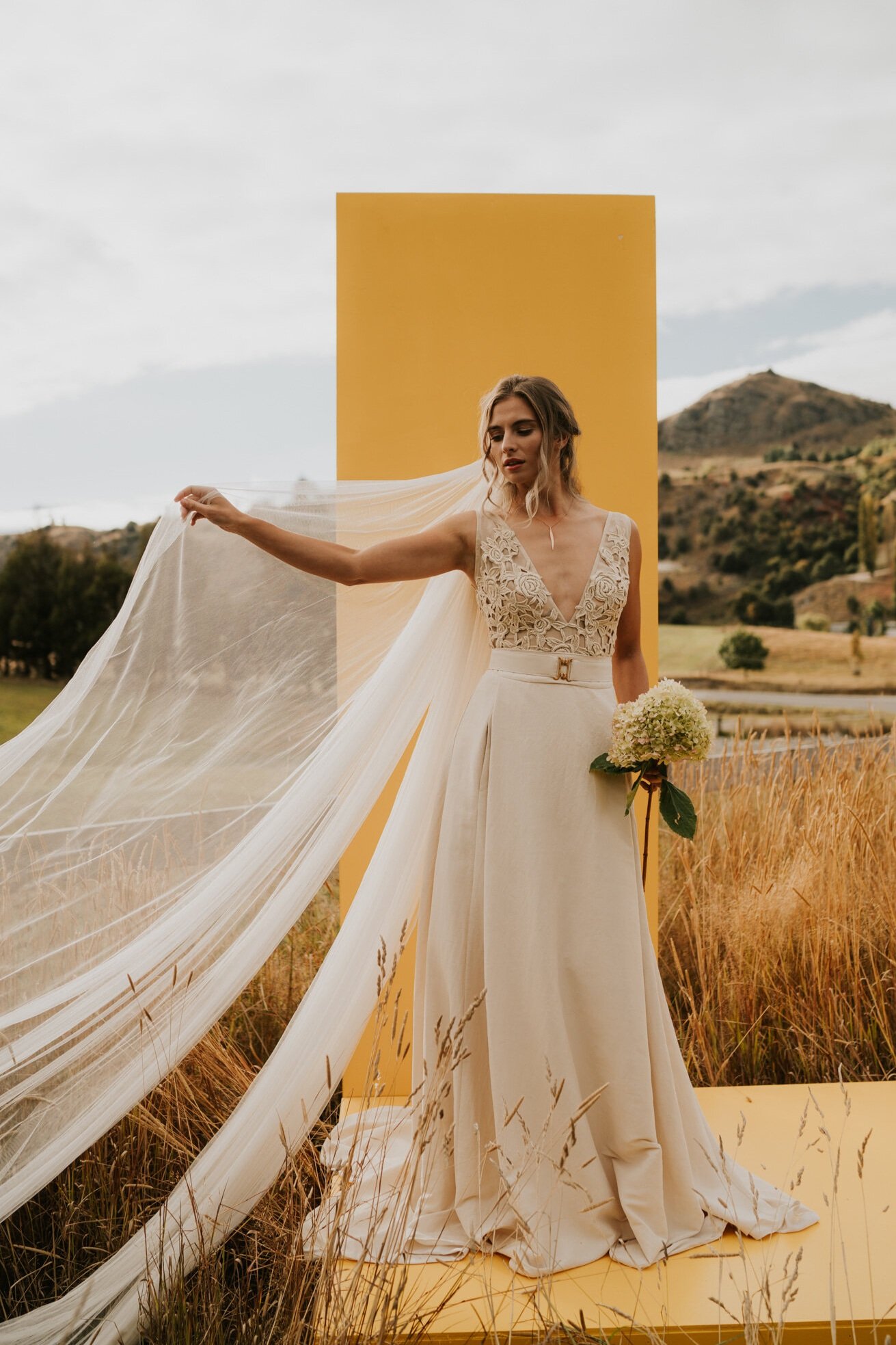
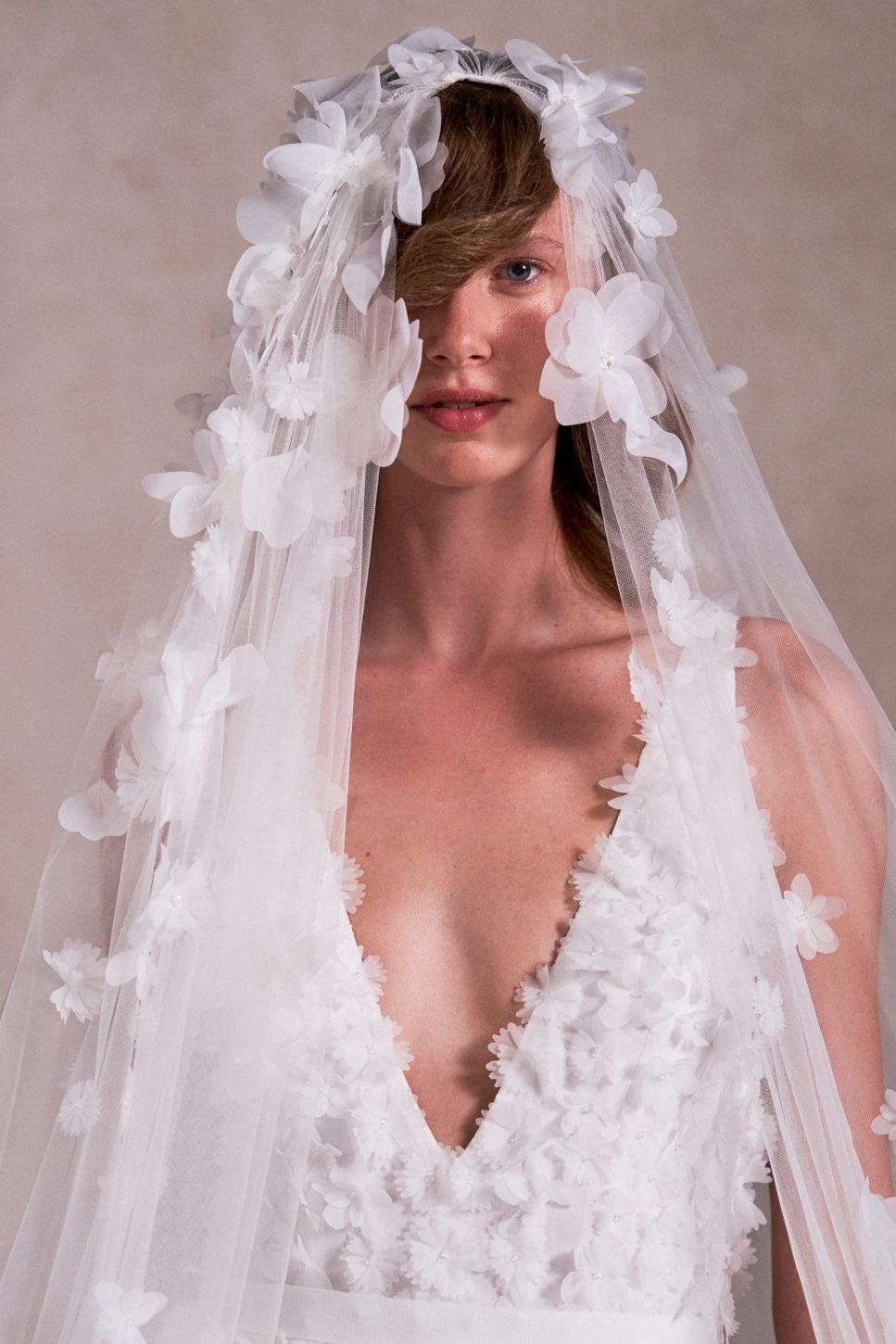
The style of the veil has seen a variety of trends over time too, from the traditional trailing train to a short and perky tulle trend that developed in the 80s, and literally every length in-between. Embellishments like pearls, laces, & diamantes have been seen adorning veils through the years, and nothing seems to be off-limits for the modern bride who has a vision in mind for her wedding day.
Today, veils are not only about adding polish to a bridal ensemble, but also enhancing it. The material that flows behind a bride is also no longer limited to the head, with some women choosing a draped cape over their shoulder, or even a long silk bow, in place of the veil altogether.
No matter the design, we love watching the most cutting-edge trends develop in real-time, like the big draping bows and minimal birdcage veils that are in vogue for the 2022 season.
If you’re interested in adding a veil to your wedding look, Nemo can create one for you entirely bespoke, or you can hire one from our hire collection.
Bridal GARTERs
You’ve undoubtedly heard of the garter toss, but did you know its history dates as far back as the dark ages? Legend has it that after the wedding festivities, wedding guests would accompany the newlyweds to their bedroom for a ‘bedding ceremony’ to ensure they arrived safely and to wish them well.
La toilette, Francois Boucher, 1742 via Wikipedia
Back then it was considered good luck to take home a tiny piece of the bride’s clothing, so this meant that there was a bit of a mele as the guests ‘helped’ undress the bride and grab for pieces of her dress. In the madness, the garter would get tossed and the superstition said that the person who caught it was most likely to get married next.
Over time this tradition was eventually incorporated into the wedding reception as a way to keep the guests at bay (and out of the couple’s bedroom!), while also passing on the good fortune.
Garters handmade by Nemo Bridal & Couture
Photo by Kate Roberge Photography
The original purpose of garters was to hold up socks and stockings, but since the invention of elastic and pantyhose in the 1960s, garters became obsolete. But despite this shift in fashion, the wedding garter tradition has continued to stand the test of time.
During our 20 years in operation, Nemo Bridal & Couture has seen brides maintain the garter tradition, but with an modern-day spin. The garters that are most in-demand at Nemo are from our sustainable range, where all have been created from recycled material off-cuts that have been saved from going to landfill.
We can also create garters from up-cycled offcuts from the dresses we make for brides, or from their wedding dress alterations. Another popular trend has been to get inherited antique wedding dresses transformed into a bespoke garter, so to honour past generations of women in the family. A perfect way to tick off the “Something Old” & “Something New” ritual too!
These days brides are also interested in purchasing two garters – one to toss, and one to hold on to as a keepsake and eventually pass on in the future. So, even if you aren’t interested in doing the garter toss, consider getting a garter for your own keepsake or to pass down as an heirloom.
We have a wide range of pre-made garters available to purchase, so be sure to check out our web shop, or head in-store to 3 Gray Street to see our full range of bridal garters.
Lucky Horseshoes
The tradition of gifting wedding horseshoes has been around since before Jesus! The horseshoe was thought to symbolise the crescent moon which was, according to Greek tradition, a potent fertility charm. By gifting a married couple a horseshoe, it was believed it may bestow fertility upon a newly married couple.
Although this tradition has given way to delicate and decorated horseshoes in modern days, the gifting of a wrought iron horseshoe in pre-historic times was deeply symbolic as iron was thought to posses mythical qualities due to its strength in weaponry. Traditionally these iron horseshoes were nailed above a doorway so to prevent un-wanted, otherworldly guests.
But in more recent ties, the horseshoe motif has simply symbolised luck, so gifting the bride & groom one is seen to be a way of bringing them good luck and fortune for the duration of their lives together.
These days you’ll find young children gifting the horseshoes to the bride. Traditionally it happens at the end of the ceremony, as the newlywed couple are walking back down the aisle.
If you’re looking for a great wedding gift, be sure to check out our selection of wedding horseshoes, available online and in-store.
